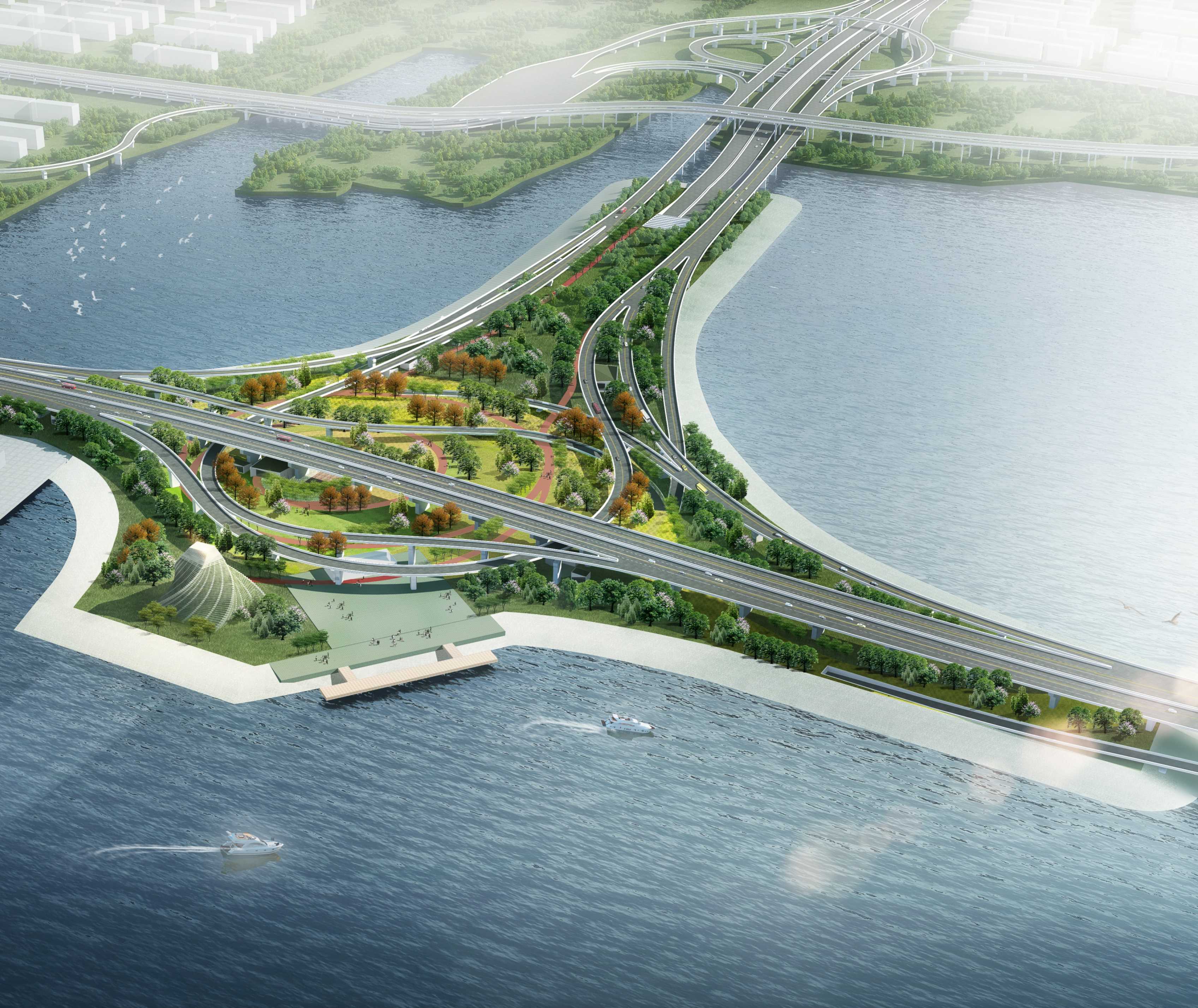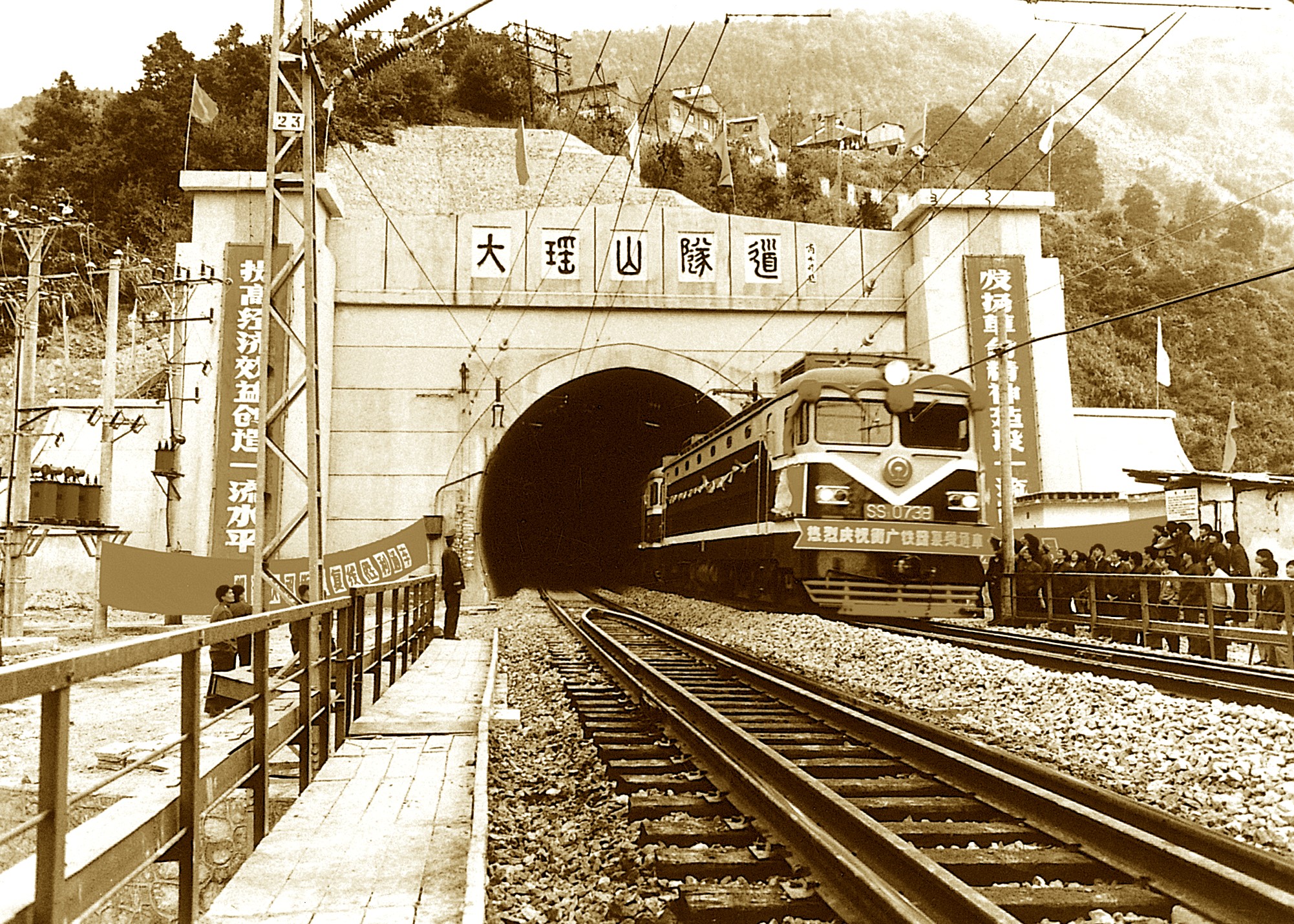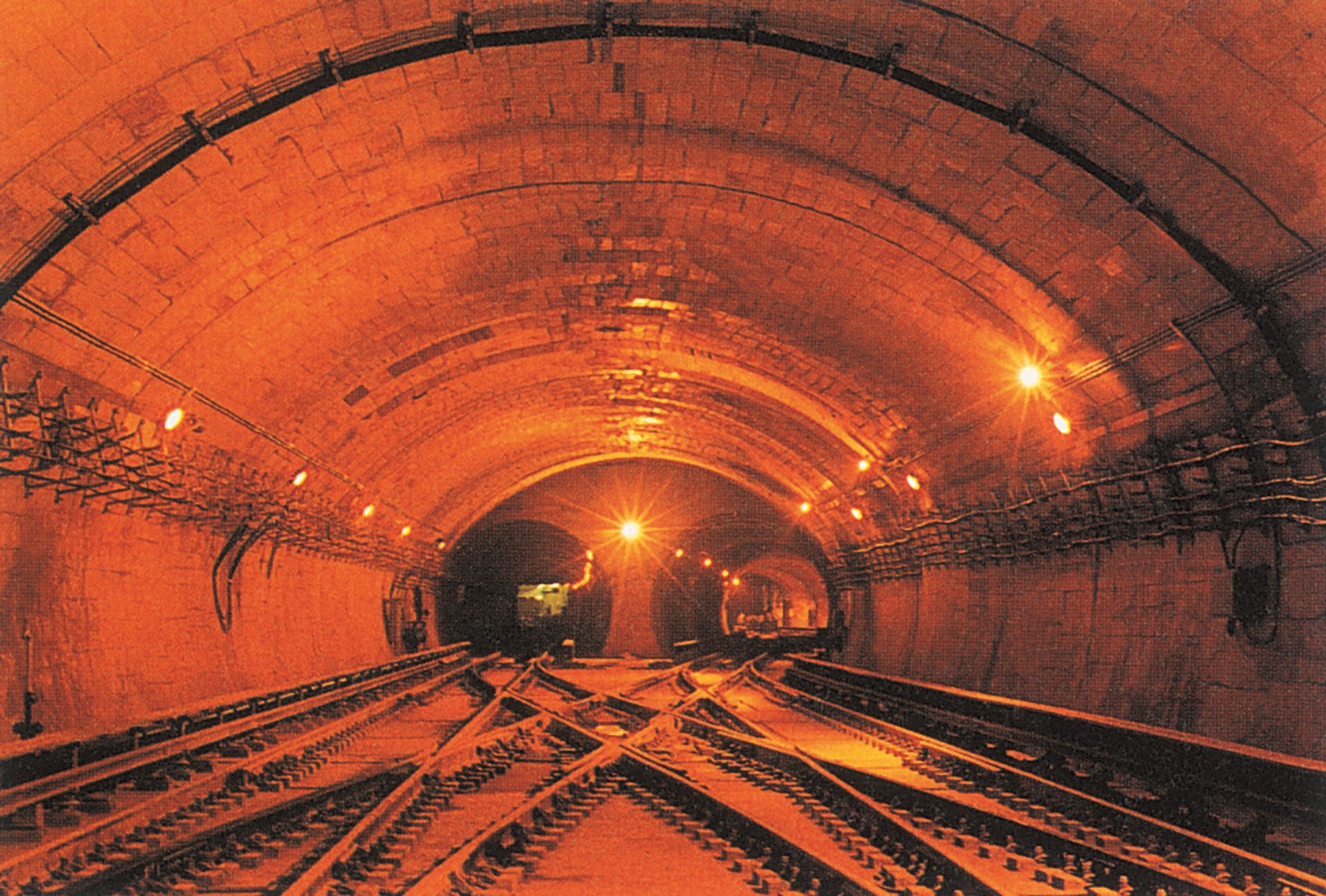Transformation
& Upgrading Period
2000~Onward
2000
From 2000, Tunnel Engineering Bureau took the company restructuring as an opportunity to enter a new period of development.
On May 8, 2001, China Railway Tunnel Group Co., Ltd. was established and its subsidiaries were successively established. The restructuring of the parent-subsidiary company of the group was successfully completed, marking the basic establishment of the modern enterprise system of China railway tunnel group was completed.
At the same time, the reorganization of agencies and institutions, the merger and adjustment of relevant companies, reformed the distribution, personnel and employment system with the post grade salary system as the main content, and established the management system with the project as the point, the system as the line and the area as the surface. CRTG has perfected the six regions of Beijing, Shanghai, Guangzhou, Nanjing, Xi 'an and the central plains, explored the overseas market, and established the new CRTG, which integrates the four functions of survey and design, construction, scientific research and development, and mechanical repair and construction.
2001
In terms of capital operation, the group put forward a capital operation strategy. CRTG took TBM and shield and other excellent assets to form China Railway Tunnel Stock Co., Ltd. At the beginning of 2003, the group reached a cooperation intention with the government of Neijiang, Sichuan province. CRTG invited bids by BOT for the reconstruction project of the Neijiang section of National Highway 321 and took charge of the construction management of the whole section, making great progress in capital operation
2003
Landmark Projects
Shiziyang Tunnel
Yangtze River Cross Tunnel in Wuhan
Yangtze River Cross Tunnel in Wuhan was built on November 28, 2004, it is the first traffic crossing tunnel on the Yangtze river. Its construction has broken the conventional thinking that needd to be built bridges to cross the river, changed the situation that there are more traffic Bridges and fewer tunnels across the Yangtze river, and the underwater tunnel construction has ushered in a climax.
Xiangan Tunnel
Xiangan Tunnel was built on April 4, 2005. The total length of the line is 8.695 km, and the cross-sea section is 6.05 km. The road is a two-way six-lane urban trunk road with a designed speed of 80 km/h. It is the first submarine tunnel in mainland China. With a series of innovative new technologies, China's tunnel engineers have successfully solved world-class problems such as water and mud burst, creating a miracle of undersea tunnel construction.
Shiziyang Tunnel was built in 2006. With a total length of 10.8 km, the Shiziyang Tunnel was the deepest underwater tunnel and the first long TBM tunnel of underwater railway in China at that time. The tunnel is buried at a depth of 62 meters and can the speeds of up to 350 kilometers per hour at the land section. The length, diameter and speed targets can be compared with the channel tunnel and the Tokyo bay tunnel.
As the largest construction contractor in tunnel and underground engineering in China, by the end of 2015 , CRTG had built 5,661 kilometers of tunnels, accounting for about one-sixth of the total length of tunnels in China.
2015
Qamchiq Tunnel on Amgren-Pap Railway in Uzbekistan
February 27, 2016, Qamchiq Tunnel on Amgren-Pap Railway in Uzbekistan, the key project in “One belt and one road” was completed. Chinese tunnel engineers completed the 19.2-kilometer “The No.1 Tunnel in Central Asia ” in 900 days. "China speed" has broken through the difficulties that have deterred many prominent engineering companies in Europe. The China Tunnel brand become famous in the world.
On 27 Apr., 2017, the technology building of CRTG started to build, and CRTG moved to Nansha District of Guangdong Guangzhou Province officially.
2017
On 26 Jun., 2018, CRTG registered in industrial and commercial administration of Nansha District in Guangzhou.
2018
China's tunnels technology are constantly innovating in boring technology, crossing large rivers and oceans, constantly breaking through the restricted areas of underwater and subsea tunnel construction, expanding the space for human survival and development, and leading the tunnel technology into new time of crossing the rivers and oceans.
Transformation
& Upgrading Period
Yangtze River Cross Tunnel in Wuhan, Shiziyang Tunnel.
Xuzhou-Shangqiu Section of East
Longhai Double Tracking
Railway, Jundushan Tunnel.
Company Establishment
Qinling extra-long Tunnel,
Shanghai Subway Stadium Station.
Marketization Period
CRTG International
Avic Tower,
East Third Ring Road B 10,
Chaoyang District, Beijing City, P. R. China
Email: info@crtg.cn
CRTG
No.2 (Self-Made), West Side of Gongye 4th Road,
Mingzhuwanqibu Area,
Nansha District,
Guangzhou City, Guangdong Province, P. R. China
Tunnelling to Link the World
-
ꁸ Top
-
ꂅ 88888888
-
ꀥ QR code













